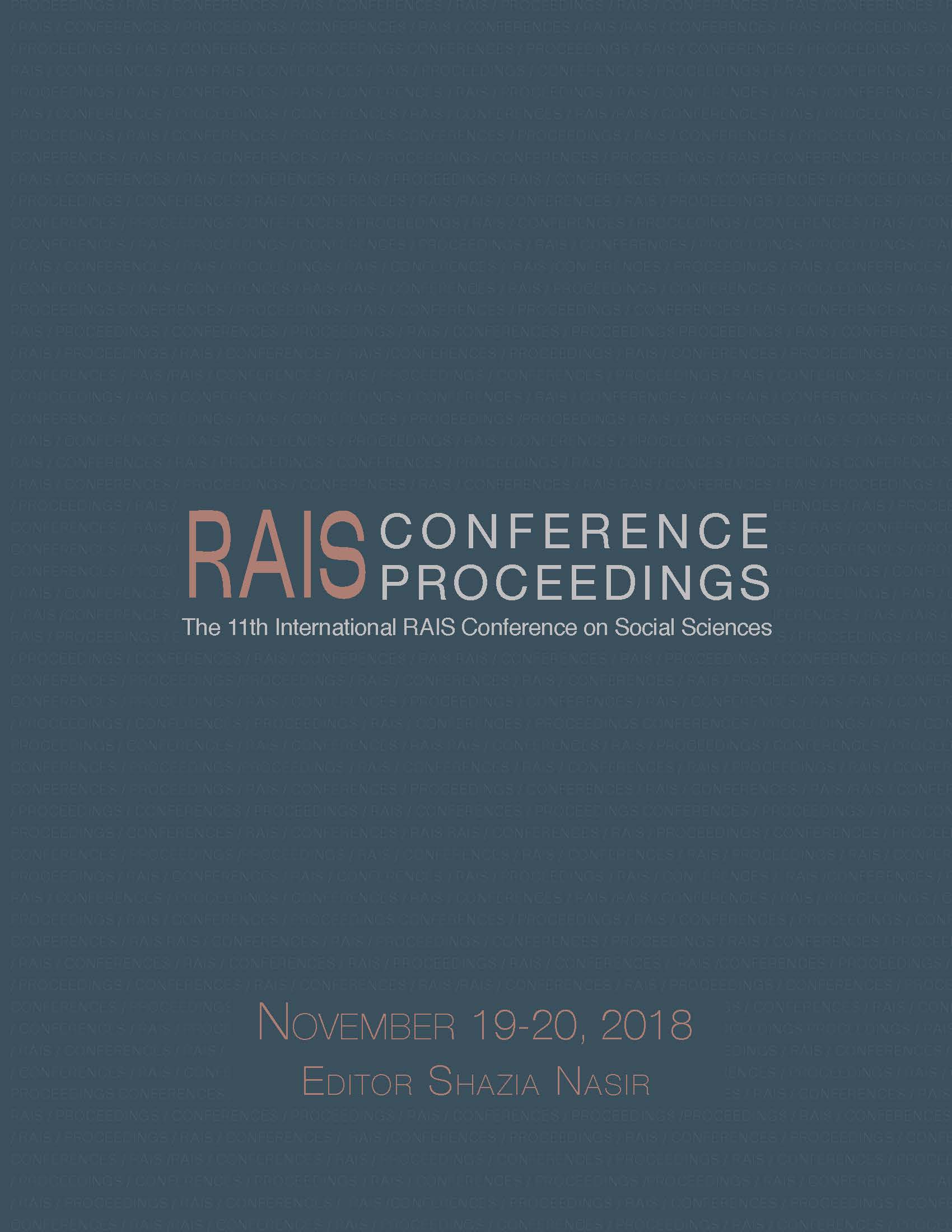An Investigation of Self-Efficacy and its Relationship
to College-Going Self-Efficacy Among Middle School Students
An Investigation of Self-Efficacy and its Relationship
to College-Going Self-Efficacy Among Middle School Students
Author(s): Yajaira Fuentes-Tauber
Subject(s): School education
Published by: Scientia Moralitas Research Institute
Keywords: self-efficacy; college-going self-efficacy; middle-school;
Summary/Abstract: For many decades, policymakers have struggled in closing the academic achievement gap present in schools across America. Most recently charter schools were integrated into federal law as one of many approaches to narrow the academic achievement and attainment gaps. Previous research has shown that there are differences in self-efficacy beliefs and that these beliefs can help account for the academic achievement and attainment differences that exist. Furthermore, with post-secondary goals and choices often made before students are upperclassmen in high school, middle school is the prime time for decisions. This study used an empirical research approach method to investigate the self-efficacy scores of students and its relationship to college-going self-efficacy using two research instruments: Bandura’s Children’s Self-Efficacy Scale, a questionnaire used to measure students’ confidence on school-related tasks, and Gibbons and Borders’ College-Going Self-Efficacy Survey, a questionnaire used to measure students’ confidence on college related tasks. The results of the Pearson Correlation revealed a strong positive correlation between self-efficacy and college-going self-efficacy scores.
Book: Proceedings of the 11th International RAIS Conference on Social Sciences
- Page Range: 180-186
- Page Count: 7
- Publication Year: 2018
- Language: English
- Content File-PDF

